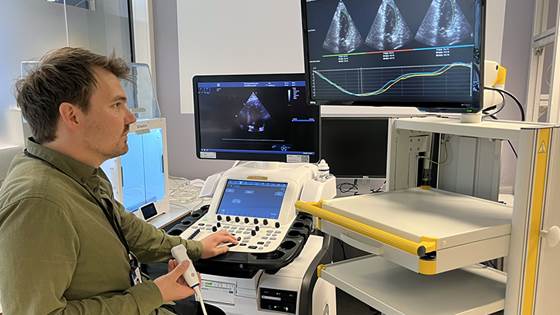
Artificial intelligence has become the cardiologist’s “super-assistant”
If anything goes wrong with your heart, it is critical to get the right treatment quickly. Artificial intelligence can help with just this – and more lives can be saved.

If anything goes wrong with your heart, it is critical to get the right treatment quickly. Artificial intelligence can help with just this – and more lives can be saved.
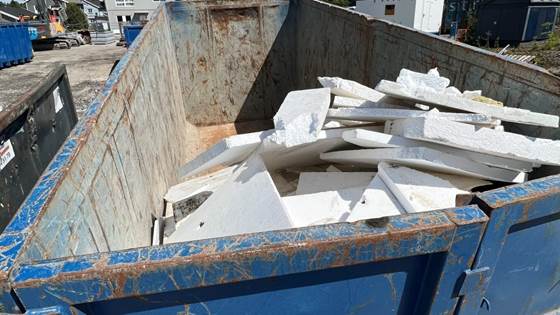
Tonnes of reusable polystyrene ends up as plastic waste when buildings are demolished. Researchers want to see more recycling and reuse.
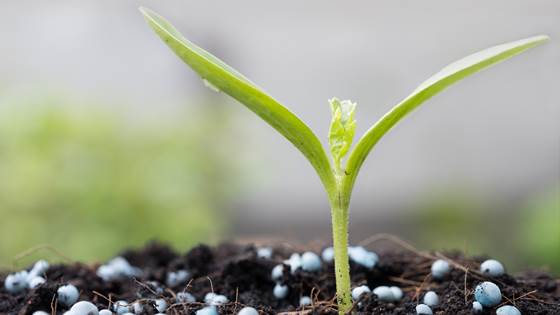
A new research project aims to produce green ammonia by utilizing variations in renewable energy production.
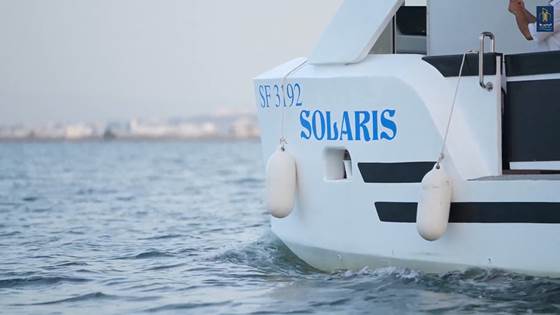
SINTEF has led a project for sustainable maritime transport in North Africa. The result is a transport boat powered by batteries from solar cells.
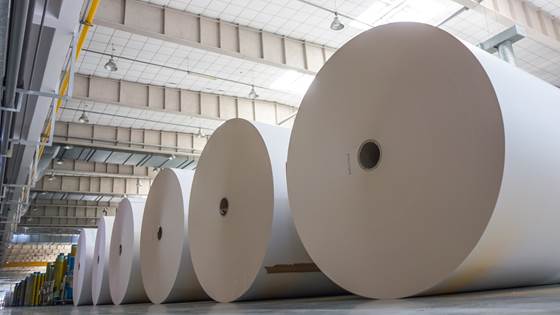
New technology will transform the production of bleaching and disinfection chemicals in the European chemical industry.
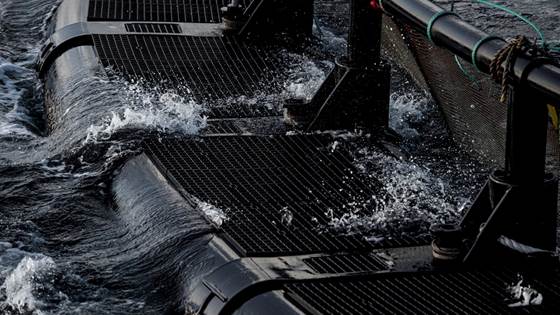
There is enormous potential in the aquaculture sector to generate circular economy initiatives when it comes to its use of plastics. But can these be made commercially viable? Researchers believe that they can.

In the wake of the shocking revelation from a major Oslo hospital that fear among employees is making corporate whistleblowing difficult, some in the IT sector are promoting the opposite. When something goes wrong, they learn from their mistakes...
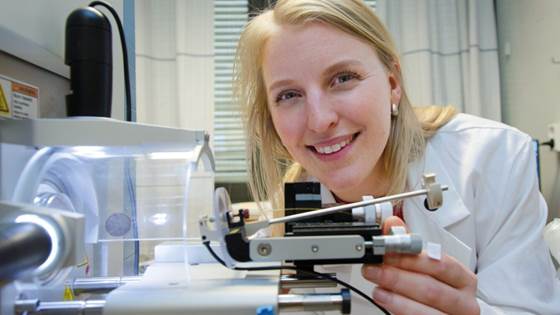
The use of stem cells now makes it possible for us to cultivate so-called organoids, such as tiny versions of a liver, heart or small intestine, in the lab. These micro-organs can then be connected to a microchip that simulates the body’s biological...
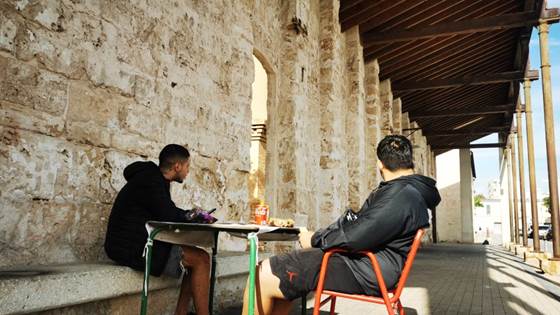
In Palma de Mallorca in Spain, researchers are planning to use VR headsets to encourage resident participation in a community project.
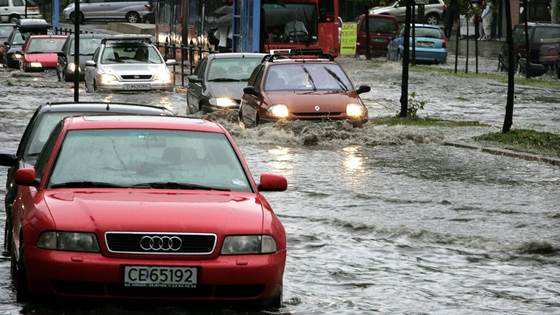
If we are to avoid our cities becoming ‘heat magnets’ one day, and overwhelmed by flooding the next, we have to incorporate wetlands and ditch systems into our urban infrastructure.

How will this ocean environment agreement affect you, who are in the marine-based industries?
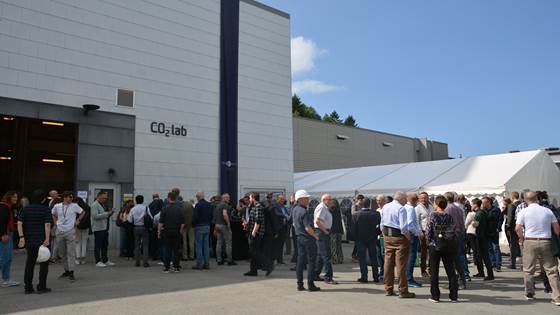
For 12 years, the pilot plant for CO2 capture at Tiller has been testing technology that is crucial for Norwegian industry to realize carbon capture and storage, and for Norway to help solve the global climate challenges.
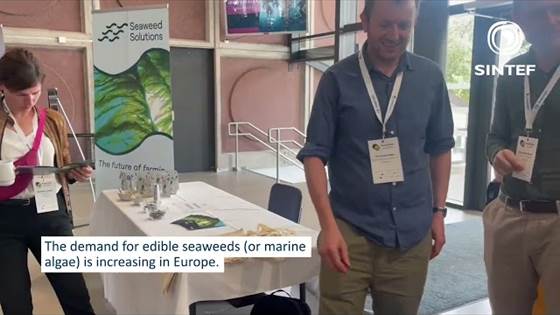
This year’s European conference gathered top expertise to Trøndelag, which is already home to a growing seaweed industry.
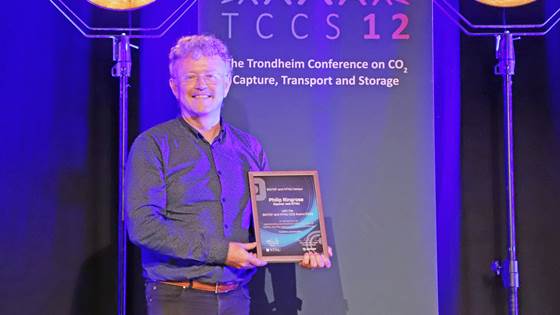
Professor Philip Ringrose from the Norwegian University of Science and Technology (NTNU)/Equinor has won the SINTEF and NTNU CCS Award 2023.

Seaweeds cultivated in the sea off the coast of Trøndelag, Norway will be converted into biocoal and used to improve agricultural land. A new method for carbon capture and storage is now being trialled by Norwegian researchers.